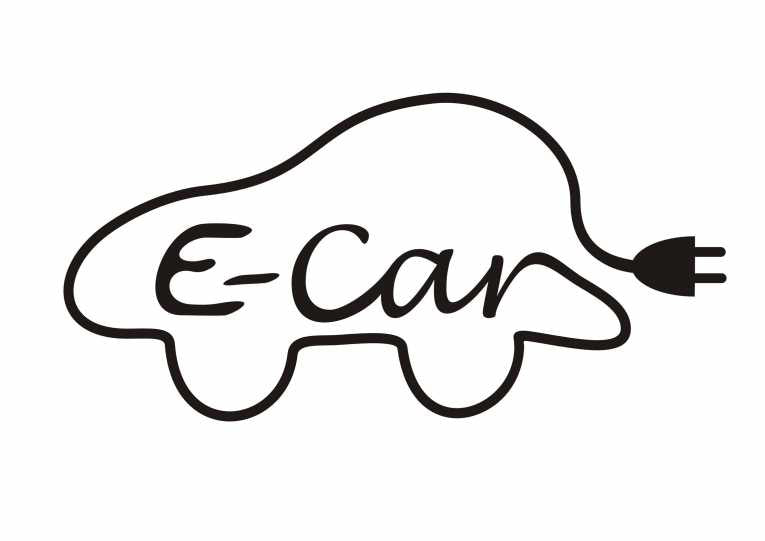Electric cars may be the best solution for weaning ourselves off of the gas-guzzling - and greenhouse gas-emitting - combustion engine. But for those selling electric vehicles, there is a lack of understanding over what customers want from, and what they will pay for, when it comes to plug-in automobiles.
Two studies from the University of Delaware (UD), have helped plug that gap, by looking at how consumers valued the features of electric vehicles - and how driving patterns would mesh with the limited range of the first generation of these cars.
The last 12 months have seen the electric car move from the 'green wish list' and onto the car showroom - with the Nissan Leaf and Chevy Volt leading a jostling pack of electric car wannabes. But the numbers of e-cars hitting the dealer's forecourts is tiny, and the waiting lists excessive. It was in order to get a better picture of a road-map for the marketing of e-cars, that the researchers from UD surveyed car buyers, and their driving habits.
In the first study, published in Resource and Energy Economic, 3,000 people were asked how much extra they would pay for different features - such as driving range and better battery charging times. This information will be extremely useful for car manufacturers, looking at where to place their e-car offerings in the overall price spectrum.
They found that charging time was very important to drivers - with people prepared to pay, on average, an extra $2100 to knock charging down from 10 to 5 hours. Slash that further to 1 hour, and potential customers would fork out $3800 more. High value was also attached to driving range. If an electric car could only go 200 miles, and a gasoline-burning car 300 miles, buyers would expect the e-car to be $3,500 less, on average, to buy.
UD professor George Parsons said these numbers would be very interesting to manufacturers. ''This information tells the car manufacturers what people are willing to pay for another unit of distance. It gives them guidance as to what cost levels they need to attain to make the cars competitive in the market.''
The second study, found in Transportation Research, linked to the first - it looked at how gasoline-cars are used by drivers in their day-to-day traveling. The idea was to see whether there are some drivers for whom the limited range of electric-cars would not be a problem. Interestingly, the authors, Willett Kempton and Nathaniel Pearre, found nearly 1 in 10 drivers never exceeded 100 miles in a day - making them ideal candidates for purchasing today's limited range e-cars.
And another 32% went more than 100 miles only on 6 days per year. For these drivers, occasionally using another method of travel might not be a drag, to them considering owning an electric car. That offers hope that a large potential market is already in place - and so car makers could significantly ramp up sales. The authors concluded that ''It appears that even modest electric vehicles with today's limited battery range, if marketed correctly to segments with appropriate driving behavior, comprise a large enough market for substantial vehicle sales.''










